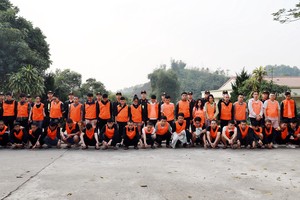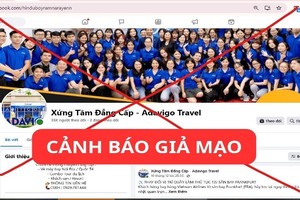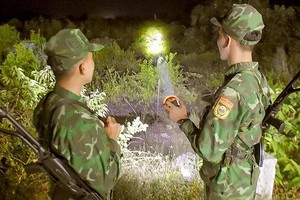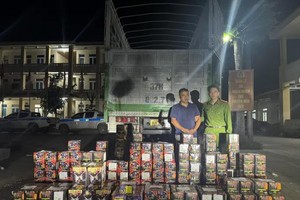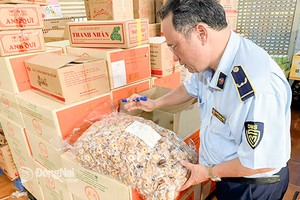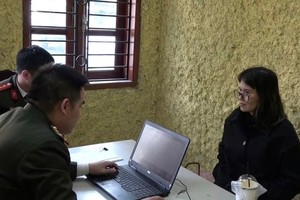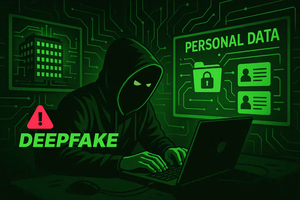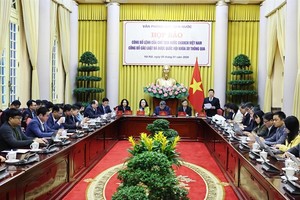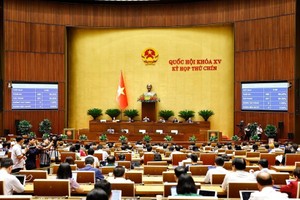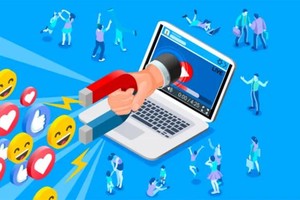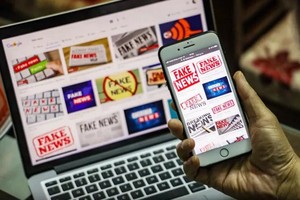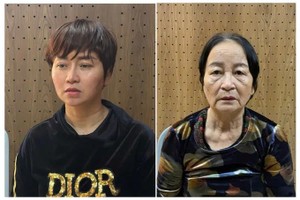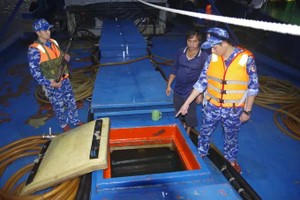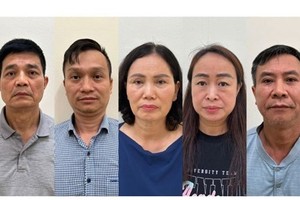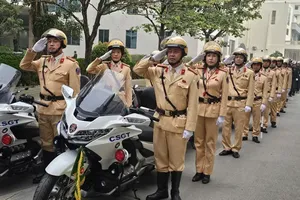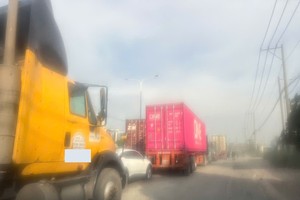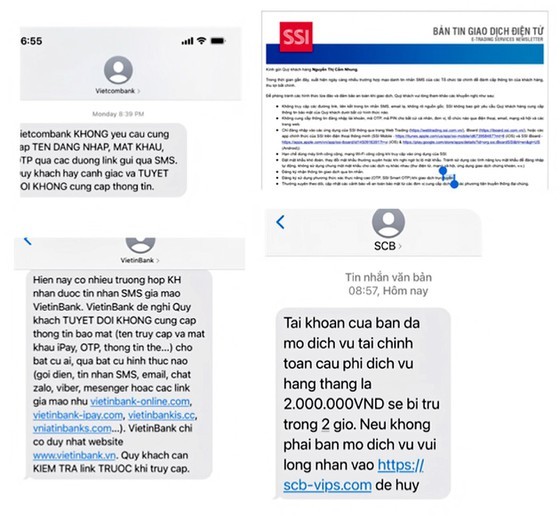
Lately, customers of many banks in Vietnam have received SMS from popular hotlines of their banks, announcing that their account is locked and they need to sign in with the given link to recover it.
The popular content in these SMS is ‘You have just opened an account at a global financial service and need to pay a monthly fee of VND2 million. If you have not done that, please click this link to cancel the subscription.’ or ‘Your account is temporarily close. Please click this link to verify the account now’, or even ‘There has been unusual signing-in to your account. Please sign in using this link to verify your personal information and change your password.’
This special link is merely one or two letters different from the official website addresses of those banks, leading to easy confusion. When doing as instructed, these customers find out that a certain amount of money in their account is stolen successfully.
Other criminals pretend to be bank officers and make phone calls to collect sensitive information from bank customers.
Aware of this alarming situation, several banks like Vietcombank, Nam A Bank, Sacombank, SCB continuously send warning messages to their clients to neither reveal their own confidential information (credit card number, expiry date, PIN code, name and address of card holder) via SMS, email, Zalo and Viber chats nor click any suspicious links.
Recently, University Medical Center HCMC and Cho Ray Hospital have delivered warnings about certain people pretending to be doctors from these hospitals and calling patients to offer medical consultation and then suggest purchasing functional food or medicines of unknown origin with preferential prices.
“At present, Cho Ray Hospital does not provide any medicine distribution service via a third party to any patient”, said Director of Cho Ray Hospital Department of General Plan Pham Thanh Viet.
He added that patients should contact the doctor responsible for their disease immediately if they receive such a consultation call and ask for advice about the recommended medicine before deciding to purchase it.
University Medical Center HCMC has warned its patients of a similar case, and affirmed that the hospital accepts patients as usual from 5am each day Monday to Saturday. All people entering the hospital must go through a strict Covid-19 screening procedure.
For questions, further information, or report of suspicious phone calls, people can dial its customer service hotline at 1900 7178 (business hours) or its general hotline at (028) 3855 4269 (24/7).
Due to a high demand of Covid-19 quick test kits at home, there are traders on Facebook marketing quick test kits from Japan or the Republic of Korea, with a price of VND250,000-750,000 (approx. US$11-33). On June 4, 2021, the Hanoi Department of Market Surveillance discovered 29 such kits with unknown origin on display in a drug store.
The Ministry of Health asserted that a Covid-19 quick test kit product must be approved by authorized state agencies before being used for the public. Any unknown-origin ones might do more harm than good to the public health as they might accidentally help to spread the virus.
Other alarming cases are the pretension of a healthcare organization to sell Covid-19 vaccines with a price of VND1.5 million ($65) per person or fraudulent campaigns to raise money to help the poor.
Yeo Siang Tiong, General Director of Kaspersky in the ASEAN area, warns that people not click any link sent via SMS or call any suggested number and reveal their sensitive information. Ignoring those suspicious messages is the wisest way to cope with the situation.
Also, Vu Ngoc Son from Bkav recommends that bank customers online install software or apps instructed by banks themselves, along with the software to protect online transactions.

